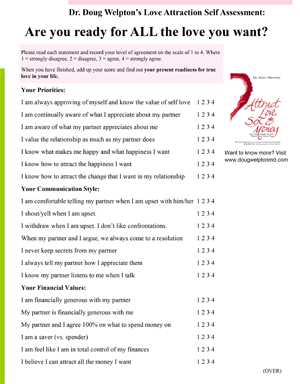“Stronger than all the armies of the world is an idea whose time has come.”— Victor Hugo
King Theo was a very idealistic king. He took his position quite seriously. He was deeply distressed that in his prosperous kingdom some of his people were poor while others were rich. He considered this unfair. He believed his people were too devoted to business and that they took advantage of one another for profits. He wanted his subjects to treat one another more humanely and to regard each other as equals.
The king convened his council to seek an answer for his hopes. Together they decided to increase the taxes on the rich. The money his kingdom collected would be given to the poor. He and his council reasoned that the wealthy would continue to have plenty to support themselves, and now the poor would no longer have to suffer. They believed that as the condition of the poor improved they would become more equal with the wealthy. As a consequence of being more equal the people would treat each other more humanely.
King Theo was surprised with the results of his plan. Some people, who considered themselves poor, complained when they did not receive any of the taxes. Others who received money complained it was not enough. Many of those who were well off complained they lost their good feeling from voluntarily giving to the less fortunate. They said that being taxed felt completely different from giving out of generosity. Many among the more fortunate gave less to charity when their money was taxed away. Some of those who were taxed complained when the king gave their money to those he and his council chose and not to those they would have chosen.
King Theo observed that many of the poor lost their incentive to work now that they were given support. He saw that many of the rich lost their drive to work hard. They said it was not worth the effort when their earnings were taxed away, especially the more they earned. The well-off who resisted paying the taxes were fined or sent to jail. As a result they hired tax advisers and lawyers to help them skirt the laws. The rich and the poor now regarded each other as adversaries; consequently they did not treat each other more humanely but with greater disdain and animosity.
As the prosperity of his kingdom diminished and the people became more divided King Theo convened his council to seek their advice again. His counselors were as perplexed as the king as to what to do to relieve the unhappiness and anger of the people. Moreover, some of the king’s counselors were rumored to have given their friends favors from the taxes. Even the queen was criticized by the people for the extravagances of her wardrobe and her lavish parties. Throwing up their hands in despair at not knowing what to do the council recommended to King Theo that he consult a sage named Lydan, who lived in the mountains and was renowned for his wisdom and healing powers.
Given the urgency of his distress from the growing turmoil of the people King Theo immediately rode off for the mountains full of hopes for help. He carried with him a box of rare and precious jewels with which to reward the sage provided he proved helpful.
Following the tiring journey King Theo found Lydan in his home at the top of a mountain. The king wasted no time in telling the sage the details of his problems.
After listening attentively and thoughtfully to everything the king told him Lydan replied: “If you wish your people to treat one another with equal respect, you yourself must treat everyone with equal respect, including both the rich and the poor. You must treat your citizens as the individuals they are instead of like classes of people. All poor people are not alike, nor are all rich people. Some of those you class as poor may consider themselves rich, and some you define as rich may see themselves as poor.”
King Theo looked surprised as Lydan continued to speak: “Reduce the taxes of your government and your people will not feel so burdened nor become so cunning. Live yourself less extravagantly, and your people will not be so interested in profits and possessions. Reduce your interference in the lives of your people, and they will stop treating one another as objects to be controlled, instead of persons to be respected. Rid your Court of all favoritism and corruption, and your people will show greater respect for the laws, and treat one another more humanely.”
King Theo found the sage’s advice unnerving, but he also thought it wise. Before leaving, he presented the sage with the box of jewels. Lydan took them, looked at them carefully, and admired their beauty. He returned them to the king saying: “I thank you for your generosity, and I am flattered by it, but I have no need for precious jewels. They will only bring robbers to my door, as do all possessions. I would appreciate, however, sharing with you some of the bread you brought.”
Lydan brewed his finest tea for the king and brought out golden pears as well as his favorite cheese. While the two of them ate together, he looked at King Theo and said: “It is obvious that you are a well intentioned and thoughtful king, and I would enjoy being of help to you. If you would like my help in fulfilling your greatness as a king, you could come to visit me each month, although I know that would mean you must make the arduous journey.”
King Theo thought long and hard before replying, for he did not relish such travel. After due consideration he replied: “Even though it is a difficult journey, I am willing to come, especially if you will help me accomplish all my hopes.”
If you want to learn how Lydan helps King Theo with his hopes part 2 will be posted next week on my website: https://adviceinloverelationship.com.


